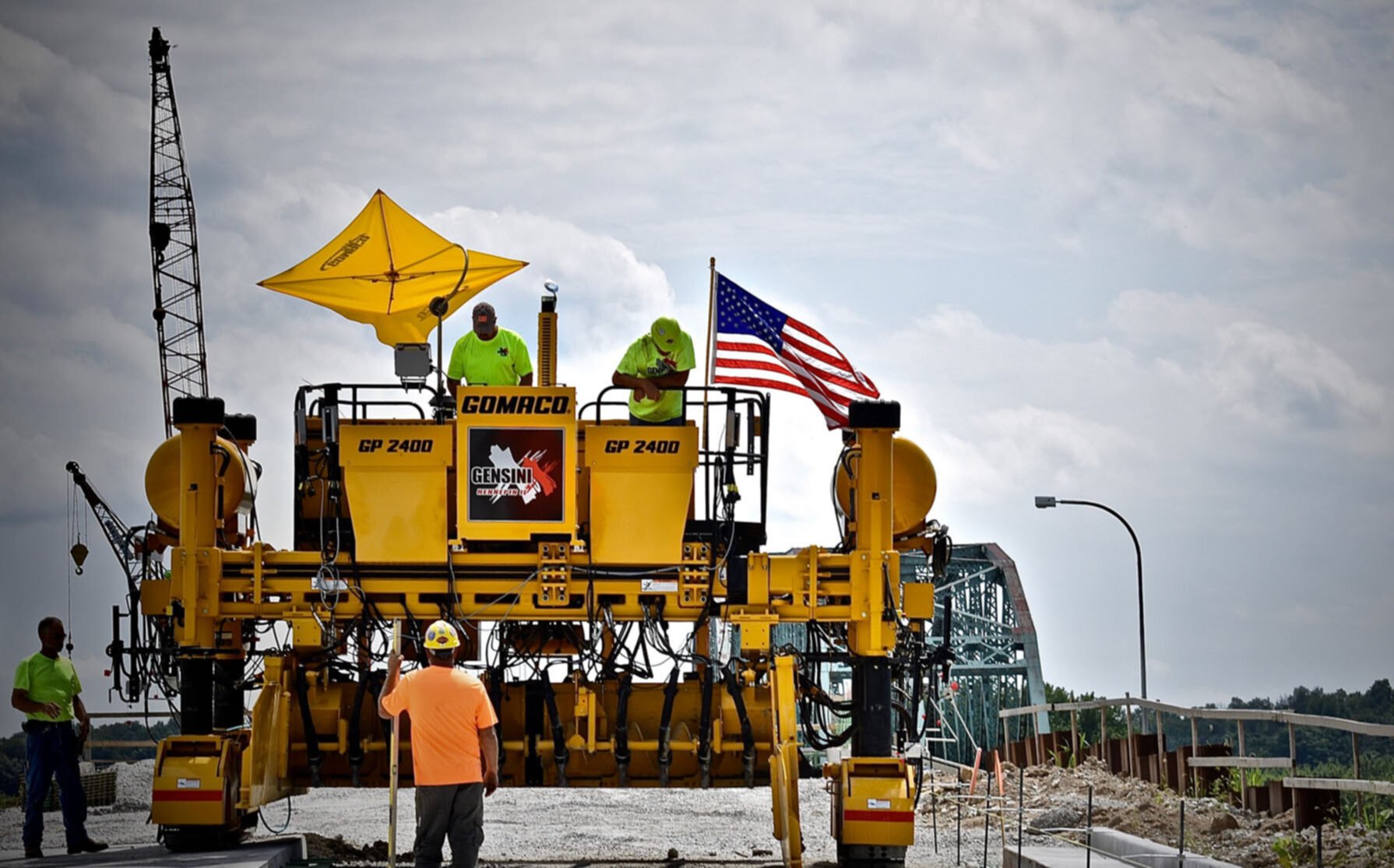
This weekend, the Illinois General Assembly approved a $45 billion capital plan, which provides funding for both horizontal (road, bridge, and transportation) and vertical (buildings, schools, museums) infrastructure construction across the state.
The building construction portion is a six-year plan funding by newly approved gaming revenue, an increase in the cigarette tax, and a fee on parking garages. The transportation infrastructure portion is funded by an increase in the gas and diesel taxes, along with increases in title and registration fees.
Revenues for transportation will not sunset after six years, so nearly $2 billion in additional revenue for transportation will be in place well into the future. This is similar to a bill passed recently in Indiana, which has led to a massive increase in construction on road, rail, and bridge projects across that state.
“This plan will bring available revenue in line with current costs and the backlog that has grown across Illinois for decades,” said Local 150 President-Business Manager James M. Sweeney. “The fact that we can now predict how much money will be available for years to come will allow the state to plan projects well into the future, which will eliminate the frantic approach to applying minor repairs that we’ve lived with in recent years.”
The following is a breakdown of how the funds from the “Build Illinois” capital bill will be spent in the next six years:
- $33.2 billion for transportation projects
- $3.5 billion for education projects
- $4.3 billion for state facility projects
- $1.9 billion for economic development/community development
- $1.2 billion for environmental and conservation projects
- $465 million for Healthcare and Human Services
- $420 million for broadband expansion
“This kind of public investment addresses a critical need across the state while providing good-paying jobs to our residents,” said Sweeney. “For years to come, Illinois workers will be highly trained to build a safe and viable infrastructure that will support and expand our economy.”

